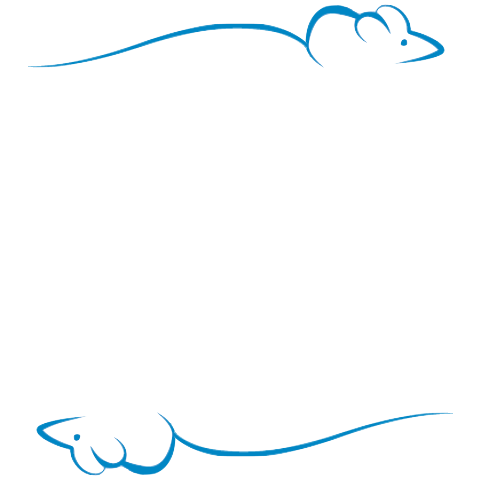Gould4: Nicotine-induced conditioned place preference in 8 inbred strains of mice (2014)
Kutlu MG, Ortega LA, Gould TJ. Strain-dependent performance in nicotine-induced conditioned place preference.
Behav Neurosci. 2015 Feb;129(1):37-4doi: 10.1037/bne0000029. Epub 2014 Dec 29.
Gould4 downloads
• Download Gould4 project data set animal data, as uploaded
• Download Gould4 animal data matrix with factor-related expansion applied as necessary
• Download Gould4 strain means, SD, N, etc. one row per strain/sex/measure
• Download Gould4 project data set animal data, as uploaded
• Download Gould4 animal data matrix with factor-related expansion applied as necessary
• Download Gould4 strain means, SD, N, etc. one row per strain/sex/measure
Ontology terms mapped to Gould4 measures:
| Investigators |
Munir G Kutlu Temple University, Philadelphia, PA Leonardo A Ortega Temple University, Philadelphia, PA Thomas J Gould Temple University, Philadelphia, PA |
| Contact | Thomas J Gould tgould@temple.edu |
| Acknowledgements | Funding provided by NIH DA017949 |
| Phenotype strain survey data set | |
| MPD identifiers | Gould4 MPD:547 |
| No updates/corrections. Initial release date: 05/2016. | |
|
Click above to copy-paste the entire citation for this MPD web page. |
The investigators used a conditioned place preference (CPP) paradigm to conduct an initial examination of the role of genetic background in the rewarding effects of nicotine. In the nicotine CPP procedure, some strains develop a preference for a chamber that is consistently paired with nicotine, which suggests that an association is made between the rewarding properties of nicotine and contextual stimuli. CPP training occurred in two phases with the first phase starting the day after the preconditioning session and consisted of three conditioning sessions (days 2-4). The first testing day was on day 5. The second phase of CPP training started on day 6 where mice underwent conditioning sessions on days 6-9. The second testing day was on day 10.
Procedures conducted:
Procedures conducted:
| Nicotine preference and learning effect. Nicotine-treated vs. control. 2 trials (day 5, day 10). |
